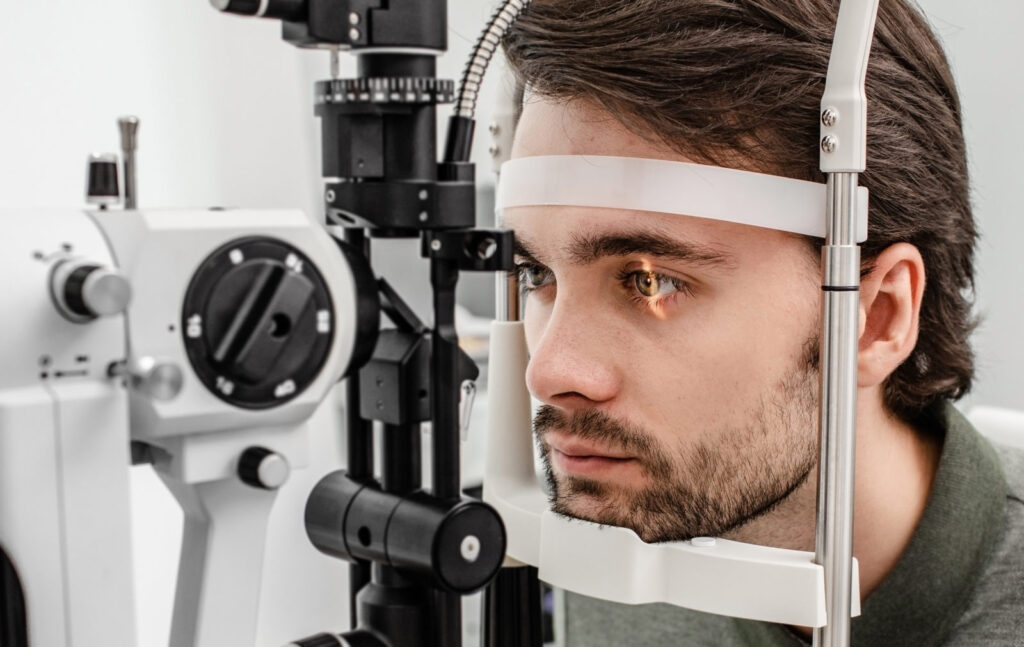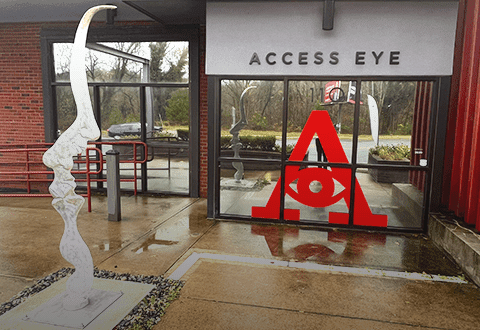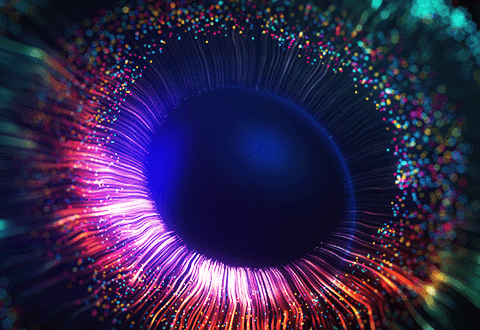Problems That an Eye Exam Can Catch

A recent study by the American Optometric Association found that only 54% of Americans schedule annual eye examinations. That means that nearly half of the country is missing out on this vital service. In this blog, the award-winning team of eye doctors at Access Eye provide an overview of some of the issues an eye exam can uncover. Hopefully this information will encourage more patients like you to commit to routine eyecare.
Refractive Errors
When you undergo an eye exam, you probably already expect it to detect any changes to your vision prescription. What you may not be aware of is just how many conditions the exam checks for to develop that prescription. Through a series of tests, your doctor will determine the extent to which you have conditions like myopia (nearsightedness), hyperopia (farsightedness), astigmatism and presbyopia.
Glaucoma
Comprehensive eye exams include tonometry. Tonometry measures your eye pressure. Our advanced technology eliminates the need for the burst of air that many found uncomfortable. If eye pressures are high, it can be indicative of glaucoma or a future risk of developing the condition.
Retinal Problems
A fundoscopy is a procedure that looks at the back of the eyes. With this test, your doctor can detect retinal conditions that can pose a risk to your vision. This is a good way to spot and plan a course of treatment for conditions like macular degeneration, retinal tears, retinal detachment, retinal vessel occlusion, macular pucker, retinitis pigmentosa, and floaters.
Diabetes
You may be surprised to learn how many patients discover that they have diabetes from their optometrist rather than a physician. That’s because one of the frequent side effects of diabetes, diabetic retinopathy, damages blood vessels in the eye. When an optometrist notices this problem, they will suggest further tests to get a more definitive diabetes diagnosis. This will allow you to start consciously managing your blood sugar levels.
Thyroid Disease
If your doctor notices that your eyelids have retracted or your eyeball is bulging slightly, this could be a symptom of an overactive thyroid gland. Other eye-related symptoms include dry eye and blurry vision. Once hyperthyroidism has been confirmed, you may need to start taking levothyroxine, a synthetic thyroid hormone prescription to manage the condition.
















